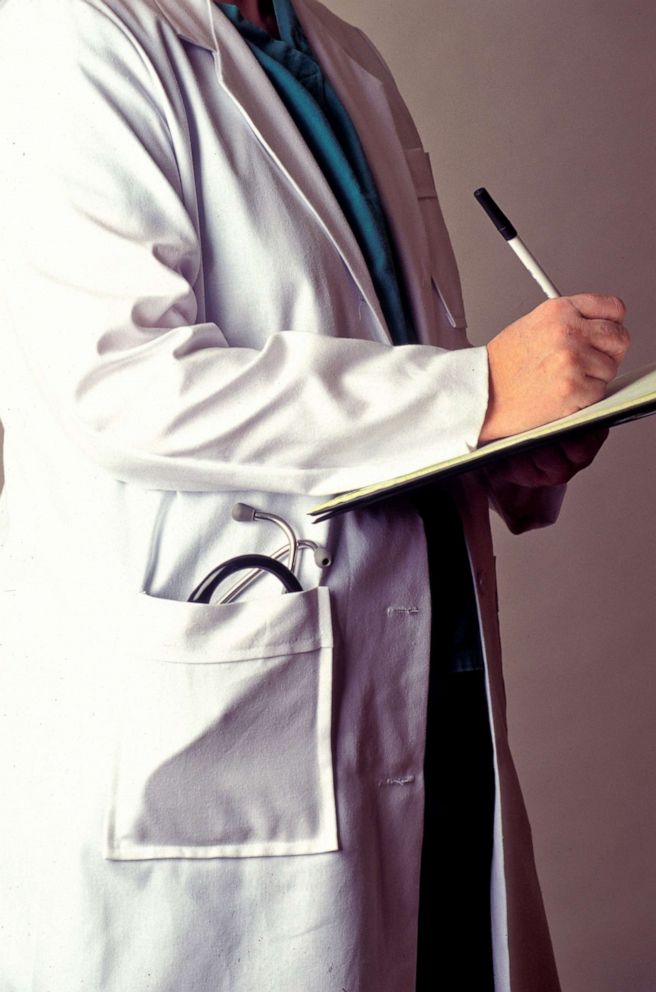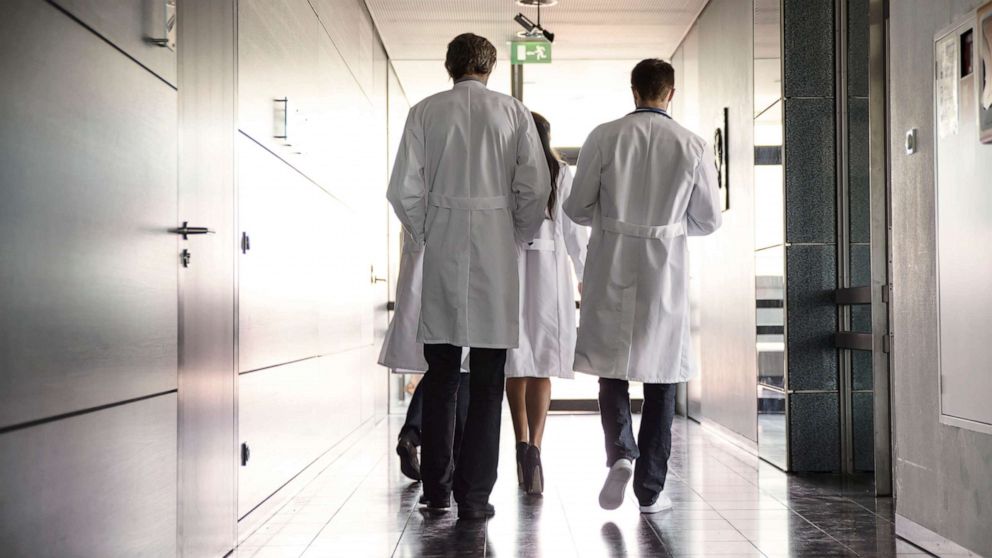Many aging doctors undergo memory tests to keep patients safe
The number of doctors over the age of 65 in the United States has almost quadrupled since 1975 reaching more than 300,000, according to the American Medical Association. And those figures have led to more questions after a new report shows that many aging doctors are experiencing significant memory loss.
A group of researchers at Yale University presented results from a three-year program where doctors over the age of 70 were tested for memory skills, according to a new report in the Journal of the American Medical Association. The hospital administrators used a variety of neurocognitive tests to detect age-related memory problems.
Doctors who wanted to renew their appointment to the medical staff had to meet a specific score to continue to see patients without any supervision.
In the program, the group examined 141 healthcare providers over three years between the ages of 69 and 92. About 57% of those tested were allowed to continue working, while 24% were required to be closely monitored as they showed mild memory impairments. Meanwhile, 13% of the healthcare workers were found to have more severe memory impairments where they were required to be either supervised or asked to retire from working with patients.

Programs that screen aging doctors and nurses are not uncommon. The University of California San Diego physician Assessment and Clinical Education Program (PACE) has been around since 2009 and has been evaluating doctors. In its program, instead of just focusing on mental abilities, it also looked at any possible physical impairments such as the need for a hearing aid, for example. In 2014, Stanford University mandated a program where doctors over the age of 75 were required to undergo memory testing.
Doctors who think the policy is a form of age discrimination have been fighting against a required one-hour long “Micro Cog” test that is given on a computer. The test can pick up some deficiencies that would then require the doctor to do a comprehensive neuropsychological evaluation that can last anywhere between four to five hours.
However, 17 Stanford physicians joined together in refusing to be subjected to the testing, which forced the administration to either dismiss all of them or reconsider the policy. As a result, the medical center set aside the cognitive test and appointed a committee to study the test's validity. After two months surveying the literature, the committee concluded that the cognitive test "does not rest on sound scientific grounds" and called for an end to the program. Instead, Stanford is now using "a more robust peer-review process," which both sides agree has been validated.
Are patients safe with older doctors?
With mandatory retirement ages for airline pilots capped at 65, many doctors, including surgeons, can work well into their 70’s. Should doctors have an age limit? A study conducted by Harvard Medical School examined older doctors and estimated that physicians age 60 and older accounted for one more patient deaths per 77 treated. The study’s author Dr. Anupam Jena, associate professor at Harvard Medical School who also examined the latest report from the program at Yale, says “We found that older physicians who continue to see a large volume of patients have preservation of skills and so those physicians would, in theory, be less concerning."

In other words, those older doctors who saw more patients did much better than those who slowed down.
“I think that the public shouldn’t be worried about cognitive deficits among older physicians," Jena told ABC News. "There are many more quality issues in the health care system than that. That being said, our own work suggests that quality declines happen gradually over time as physicians age and do not simply ‘turn on’ at a specific age."
Older doctors are not uncommon and many are pioneers in the field of medicine. The famed cardiac surgeon Dr. Michael Debakey, who is credited for inventing the coronary bypass graft procedure, worked well into his 90’s. As many programs around the nation grapple with the influx of the baby boomer doctors hitting 65 or older, the debate about how best to assess them will continue.




